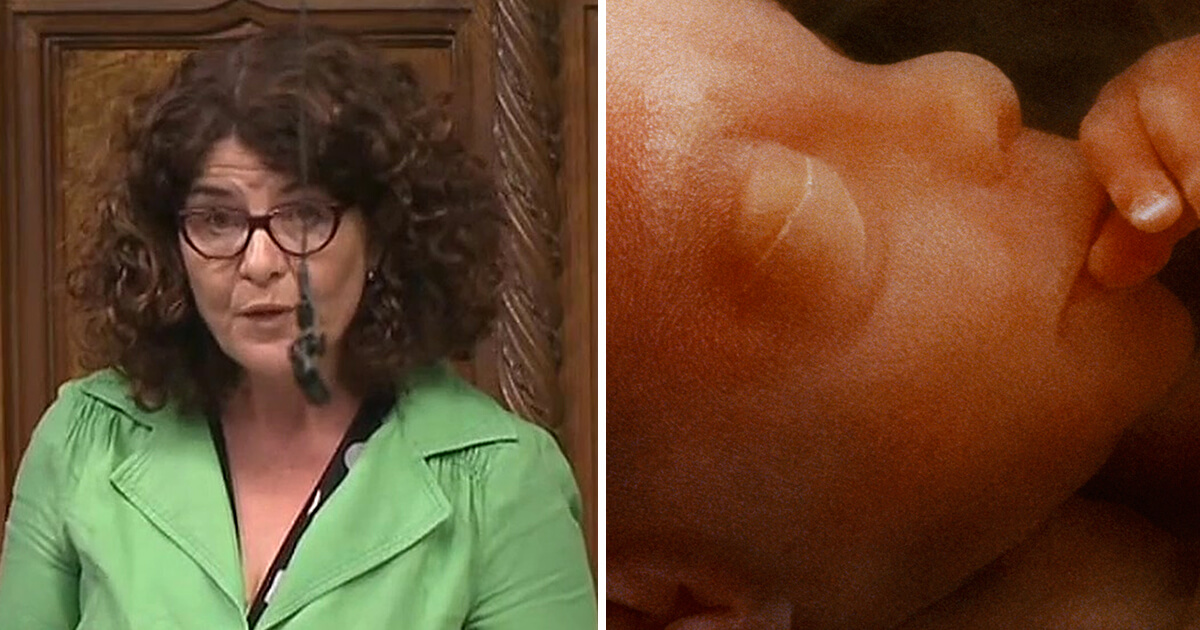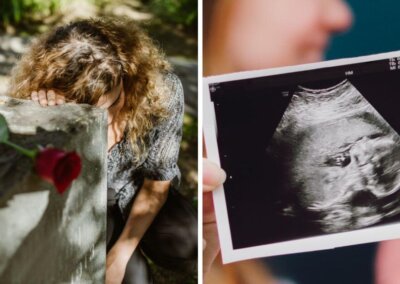Opportunistic abortion activists around the world are attempting to exploit the Coronavirus pandemic in a bid to introduce more extreme abortion legislation.
In the UK, Labour MP Diana Johnson bemoaned that the current crisis could disrupt the abortion regime which was due to be imposed on the people of Northern Ireland by the end of March 2020.
In contrast, pro-life MP Maria Caulfield has announced she will return to frontline NHS work to help save lives and support the fight against the Coronavirus.
Diana Johnson, a key architect and supporter of imposing abortion on Northern Ireland, has suggested termination ‘services’ should’ve been introduced sooner and described the past six months as a “lost opportunity”.
Speaking in the House of Commons, she said: “Of course, abortion was decriminalised in October 2019 and we now see the lost opportunity of this medical procedure not being provided over the last six months in Northern Ireland. The failure to do that means that we are now in a much more difficult position with covid-19.”
She also sought assurances that the collapse of airline Flybe would not affect Northern Irish women from seeking a Government-funded abortion in England.
The Minister of State for the Northern Ireland Office, Mr Robin Walker, stated there would be no disruption and terminations would go ahead.
He added: “The Government are under a clear legal duty, which this House put on it, to make regulations that provide lawful access to abortion services in Northern Ireland by 31 March 2020. To comply with the legal requirement, we will shortly lay regulations in Parliament.”
Across Europe and in America, abortion activists are calling on legislators to remove safeguards around abortion pills due to many countries limiting travel, during the Coronavirus.
Pro-abortion bodies around the world such as the Abortion Rights Campaign and Planned Parenthood propose the use of ‘Facetime abortions‘ where an abortion consultation happens over the phone.
The abortion pills (mifepristone and misoprostol) would then be sent in the post or picked up from a pharmacy. There would nothing to stop abortion pills being taken at other locations such as schools, colleges etc, possibly under coercion from third-parties.
Right To Life UK has previously raised concerns about the availability and use of abortion pills taken at home.
In 2018, the Health Secretary, Matt Hancock, made it possible to take the 2nd pill used in a medical abortion (misoprostol) at home. In this case, it was the especially violent nature of Pearson’s attack on his girlfriend that made his crime so clear.
However, the use of the abortion pill at home without any supervision, could make forced abortions far more difficult to detect.
A spokesperson for Right To Life UK, Clare McCarthy noted at the time: “[Making the second abortion pill available to take at home] poses a threat to vulnerable girls who are at risk from sex-trafficking or child-sex abuse, as the ‘home’ abortion could be used by their abusers as a means to more easily cover up trafficking or abuse scandals.”
She added: “Self-administering these strong drugs is not to be taken lightly and the utmost quality of care should be provided to these women – especially those who suffer from complications afterwards.
“Irish Obstetrician Dr. Peter Bolyan, who campaigned for the legalisation of abortion in Ireland has admitted that: ‘there are serious dangers when women take [abortion pills] without supervision. We have knowledge of women who have taken them in excessive dosage and that can result in catastrophe for a woman such as a rupture of the uterus with very significant haemorrhage… And if that happens in the privacy of a woman’s home or perhaps in an apartment somewhere, that can have very, very serious consequences for women. So, it’s really important that these tablets are…dealt with in a supervised way…’
“Abortion clinics must be able to accurately track women during and after a medical abortion in order to provide the best safety and care to a post-abortive woman. This change in law would overlook this provision of care creating a potentially dangerous medical situation for women who are at risk. It leaves vulnerable and isolated women even more at risk and recklessly alone.
“The ‘home’ abortion is not a safe or sensible solution for women. It will significantly reduce the supervision and care that is provided to women during a medical abortion.
“Taking the abortion pill away from medical supervision totally avoids dealing with the real issues facing women in that situation. It makes no provision for real, affirmative aftercare for these women potentially leading to further emotional and medical risk.
“The government needs to address the reasons women seek out abortion services in such high numbers in this country, often because of; vulnerability, isolation, lack of financial or emotional support, or pressure from a partner.”
A study of 42,600 early abortions in Finland – where there is good registry data, unlike England and Wales – found that six weeks post abortion, complications after medical abortions were four times higher than after surgical – 20% compared to 5.6%.












